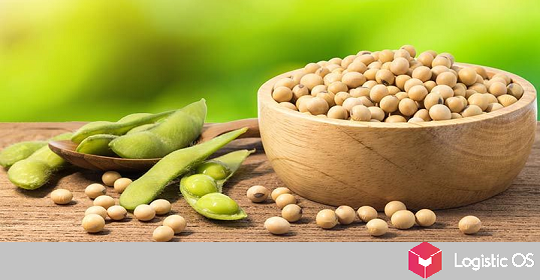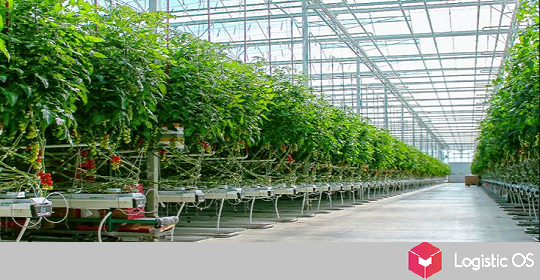The Ministry of Agriculture will take measures that are ambiguous in its effectiveness since February 2021.
In mid-May, a meeting of the subcommission on customs-tariff and non-tariff settlement took place.
At this meeting, it was decided to increase the export duty of sunflower from February 2020 to August 2021.
In addition, it was deemed appropriate to extend the ban on sunflower exports until August 31, 2020.
It would seem that such measures are due to the economic situation as a whole. This, according to the ministry, should contribute to lowering the price of sunflower in the country, and make it possible to fully utilize the available processing capacity.
Thus, the value added of the exported product should also increase.
But, despite the restrictive measures regarding the export of this crop, the price of sunflower continues to rise, for example, according to data as of June 4, 2020, the price increased by 317 rubles. per week and amounted to 21.9 thousand rubles. per ton, and compared with June 2019, the increase amounted to 3.17 thousand rubles.
As a result, the cost of sunflower oil is also growing significantly.
On the other hand, the introduction of additional restrictive measures and duties can lead to stagnation of the industry as a whole: such measures can become an anti-stimulus in the cultivation of sunflower and investment by producers in modern technologies in its production.
It is not surprising if we witness a decrease in sown areas and a reduction in the raw material base.

And it should be noted that by May 1, 2020, the reserves of raw materials inside Russia were 30.1% less than in the same period last year.
Another side of the medal of the prohibitions introduced is the decline in the image of Russia as a reliable exporter.
Even before the introduction of the first export bans, manufacturers began to experience difficulties in obtaining phytosanitary certificates. Moreover, this problem arose almost simultaneously with the proposal of the Oil and Fat Union to ban the export of sunflower.
Buyers will not understand all the political intricacies, for them there is a clear point: previously the products met their requirements, and suddenly stopped.
What is the result? The search for other partners just begins because of the unpredictability of the existing one.
What happened to Turkish buyers: according to forecasts, Turkey could buy 300 thousand tons more, and now it is already looking in the direction of Ukrainian suppliers.
Another 200-300 thousand tons could be exported from the country without damage. And now this raw material will remain in the country, and it is quite possible that the initiators of the ban on export will face overstocking with raw materials.
This year, the oil and fat industry can produce 5.5 million tons of sunflower oil, while domestic demand is estimated at 2.5 million tons.
There will be a lot of oil, it will be difficult to sell it right away, and the product and raw materials will not be stored for long.
Therefore, production shutdowns, storage of raw materials for the future are not ruled out, and as a result, entry into the new season with last year’s leftovers.
Commenting on the current situation with the ban on food exports, the Belgian press compares it to Russia’s creation of a kind of grain OPEC in order to control the global food market.

